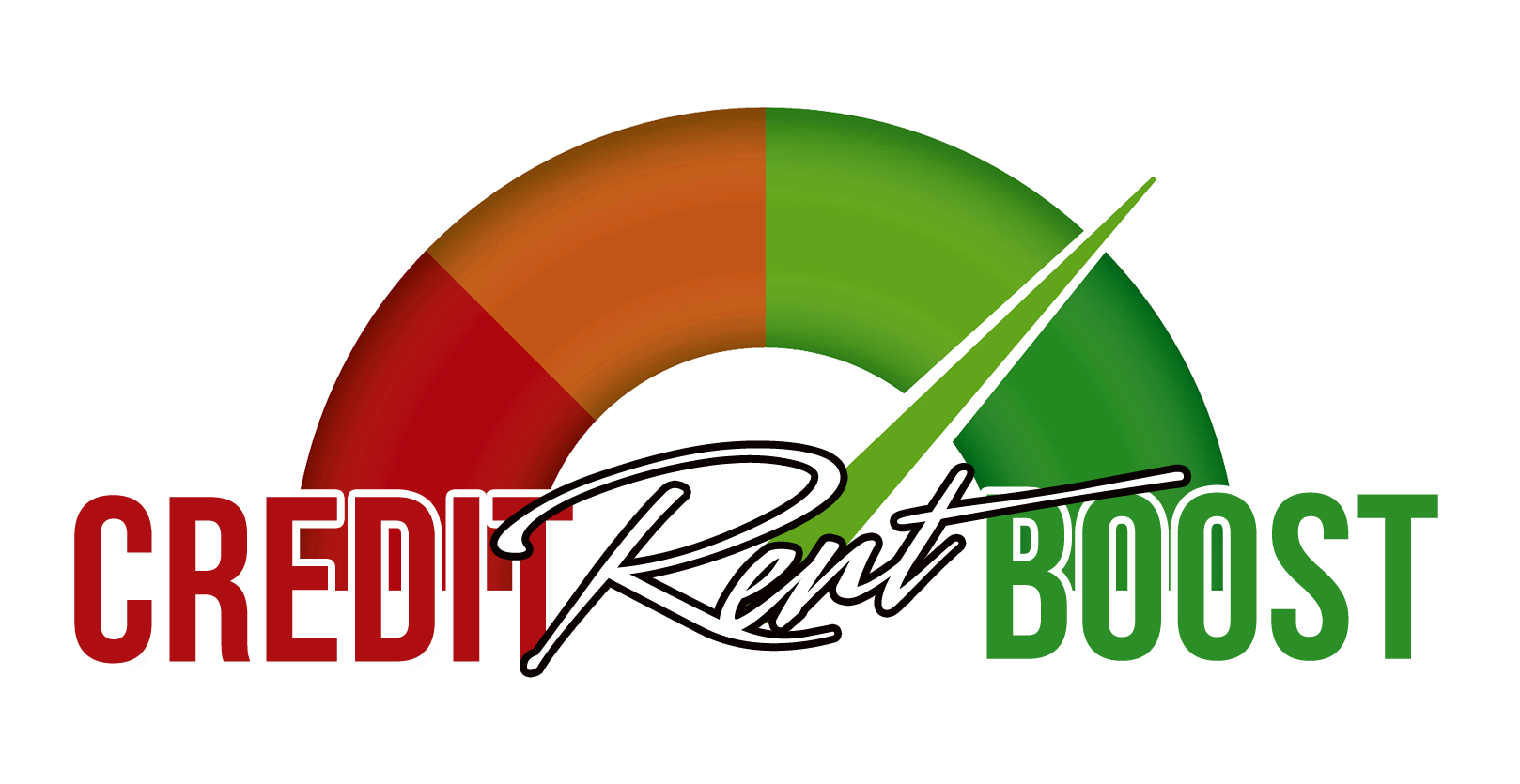Credit in general can be termed as an agreement that the customer has with the lender in order to obtain certain services or goods that can be paid at a much later date based on agreed certain terms. Credit also shows reference to your previous credit history, which a lender takes into consideration while determining your eligibility to get a credit card, loan, or any other similar sort of products. In order to improve your overall chances of being approved for any sort of credit at low-interest rates, it is very much essential to have a good credit history. Remember a great credit score can only be achieved by paying all your monthly bills on time and by having a mix of loans and credit cards. Apart from that you always need to keep these accounts standing in a good position for all the upcoming years. Here in this blog, we will be taking you through all the aspects of how does credit work.
The Different Types Of Credit Accounts
In general, there are two different types of credit accounts. A user can come across these, depending on his current situation and his financial needs.
Revolving Credit: Revolving credit is known to allow a customer to borrow a certain amount from his credit line especially when they are in need of it, rather than getting the whole amount just at the beginning. Anybody can borrow up to a certain amount and after paying off all the debts, they can try re-borrowing up to that same limit. This process can be repeated over and over again.
A great example of revolving credits are credit cards. Remember revolving credits generally doesn’t have any particular repayment period. However, these credits can become very much expensive if the balance is carried over time and only the minimum required payments are done.
Installment Credit: Installment credit means that the lender extends the overall credit amount upfront, while the customer repays the debt at a regular time interval over a fixed time period. Most of the big loans such as auto loans, mortgages, personal loans, and student loans are usually considered as installment credit.
The repayment time period of an installment credit usually ranges from a few months to many years or even decades. These sorts of credits might not have a fixed overall loan life and may come with variable interest rates.

How Does Credit Work: What Is Credit Reporting?
Credit reporting involves all the credit agencies that collect information from the lenders of mortgages or loans. For example, if you are having a credit card, it is most likely that the card issuer reports all your activities to one or more credit agencies once every month. Some of the best credit reporting agencies in the United States include: Experian, TransUnion, and Equifax.
The work of the credit reporting agencies is to collect and organize all the information into a certain tradeline, that can help in describing individual credit accounts in the future. Depending on the credit type, a user can see several data types such as recent payment history, overall balance, monthly payments, original loan amount, and much more. Remember that financial institutions aren’t bound to report to these credit bureaus. Therefore, not all credit activities can help to credit boost your account. However, most of the credit unions, banks, and other lenders, report to either of these agencies on a regular basis.
How Does Credit Work And How To Get A Copy Of Your Credit Report?
All the consumers of the United States have the right to get a free copy of their credit history from all the credit reporting agencies once every year. If you are a consumer, you can try requesting your free credit report at AnnualCreditReport.com.
What Is A Credit Score?
Credit scores are basically numerical representations of several information found on a person’s credit report. With the help of your credit score, you can easily get a holistic overview of your overall credit health. Among the several types of credit score used, the FICO score is the most sorted one. FICO score usually ranges from 300 to 850 in general. Remember the higher your score, the more chances of getting future loans.
Here is a list of some of the major points that must be taken care of while dealing with FICO scores.
- Amounts owed (30% score)
- Length Of Credit History (15% score)
- Payment History (35% score)
- Credit Mix (10% score)
- New Credit (10% score)
All these items help in ensuring the lender that you make all your bill payments on time without carrying excessively large balances due to lenders.. Higher credit scores make you appear more trustworthy and a less risky especially for the lenders. All these behaviors listed above carry substantial weight especially when carried out properly over time.
How Does Credit Work: Importance Of Credit
For almost all consumers, building a perfect credit history is very much essential to establish their financial security. Building a good credit score isn’t only essential to borrow at favorable interest rates, but it can be of great help for getting a job, buying an apartment, lowering your insurance rates, and many more. While you manage your credit properly, you can build great financial health that can help you in achieving your future goals. A good overall credit score can surely help you in saving a lot of money, especially on your future big mortgages. It can also avail more money for you to get proper financial footing.
Remember the best time to work on your credit is right now. No matter what the amount of negatives are there in your credit report, their impact can easily slow down over time while adding more positive information to your credit.
In case you want to credit boost with your home rents, you can always try using Credit Rent Boost. We at Credit Rent Boost, try our best to maintain full confidentiality of all your personal details while providing a hundred percent money-back guarantee. You can try logging in to our website in order to get an answer to all your queries about increasing your credit check with the help of rent.








